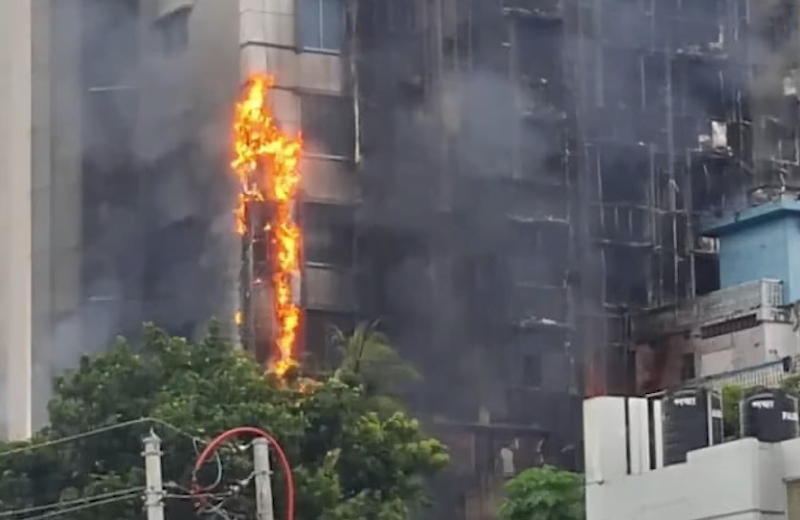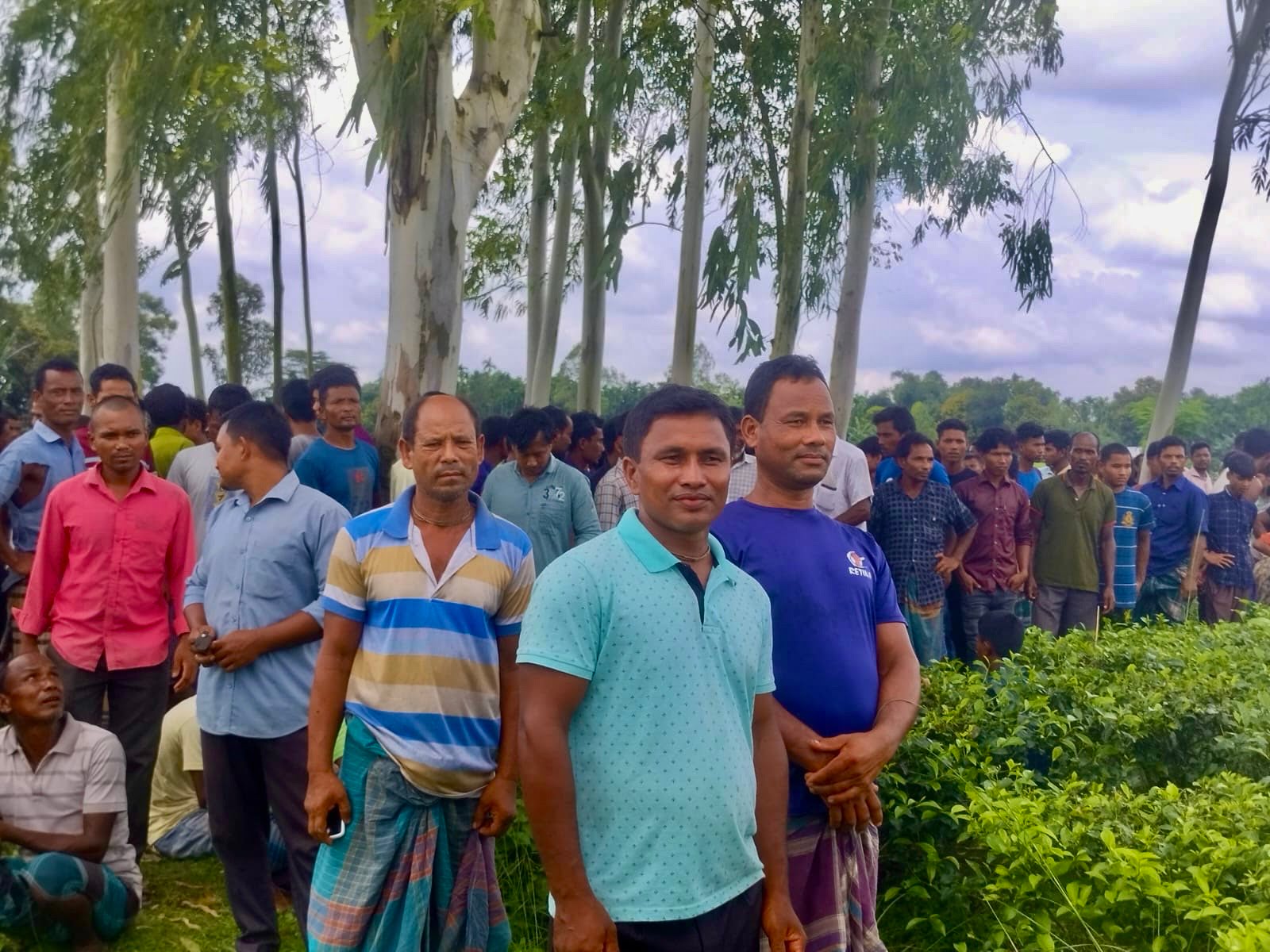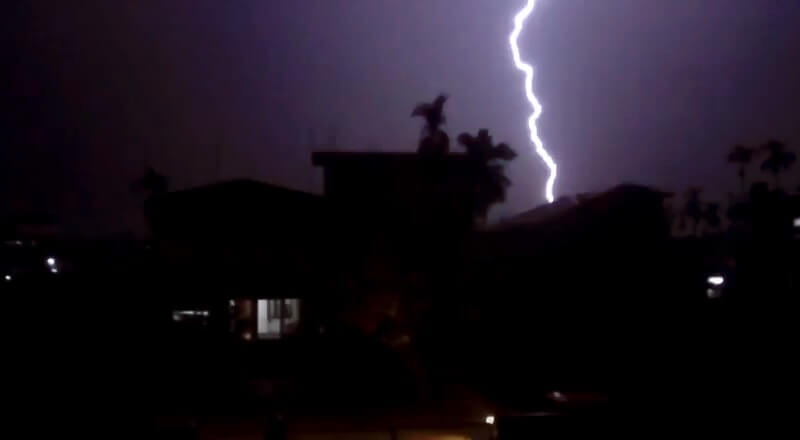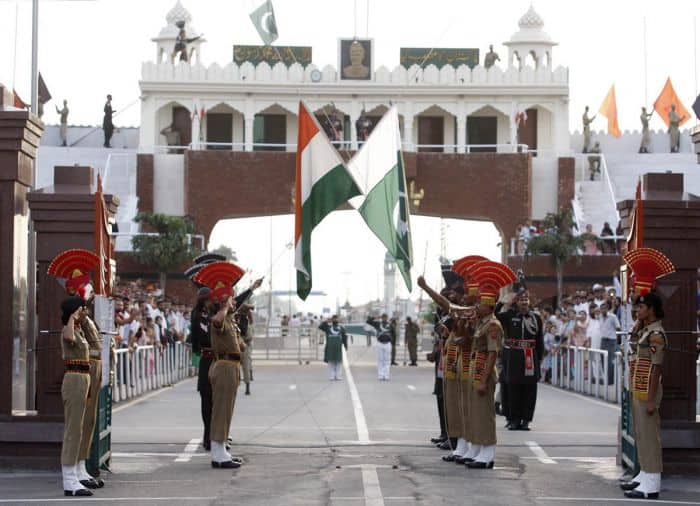Prime Minister Sheikh Hasina’s Bangladesh government collapses following months of political turmoil and escalating unrest. The downfall came after more than a decade of her as Prime Minister, mainly due to increasing authoritarianism, economic challenges, and many corruption allegations.
Hasina’s government was re-elected in January, and it was thought that this would benefit northeast India. Even then, there were many complaints in Bangladesh about unfair elections due to manipulation and suppression of opposition parties.
Sustained Protests
The collapse came after sustained protests against her government, which were met with harsh crackdowns. Public sentiment turned decisively against her, especially as accusations of electoral manipulation mounted. An economic downturn, exacerbated by inflation and unemployment, fueled the discontent.
Hasina and her government failed to address the grievances of the Bangladeshi people and her heavy-handed approach to protests were obvious key factors in her downfall. The government mishandled several critical issues, including press freedom and human rights, and police acted like the tools of a tyrant, killing many people, further eroding public trust.

Bangladesh hotel burns after Sheikh Hasina Bangladesh government collapses. image from video screenshot.
Hasina is highly unlikely to recover from this debacle, and now faces exile. This is a Prime Minister who once enjoyed widespread support for her economic policies and infrastructural development projects.
As the country enters a period of uncertainty, opposition leaders called for an interim government that would run new elections, hoping to restore democratic norms and stabilize the nation.
Neighbors and the international community are closely watching these developments in Bangladesh, concerned about the potential for further unrest and the future of democracy in the country.
Political Tyranny
Hasina’s political life is replete with tyranny. In 2012, the Awami League was accused of involvement in political murders, disappearances, unrest at universities, and border killings. The regime was silent about share market irregularities, the diminution of central bank reserve funds, diruption of the private job market, and silent loss of territorial integrity.
Less than one month ago, citing “timely and appropriate measures taken by the government and the people.” Hasina’s government assured international partners that the overall situation was turning back to normalcy. And then it got worse.

Hindu Mass Exodus. Photo: Shib Shankar Chatterjee/Academia.edu
Hindu Exodus
As the Bangladesh Government Collapses, elements within Bangladesh used the opportunity to attack and displace Hindus.
Close to the border with India, violent attacks targeted Hindu communities. The chaos, triggered by the collapse of Sheikh Hasina’s government, led to widespread rioting and vandalism. In the latest wave of violence, thousands of Hindus living in Bangladesh fled their homes, seeking refuge in India.
The violence, primarily in the 20-30 km stretch along the border, has seen homes torched, and lives lost as attackers, allegedly Bangladeshi Muslims, continue their rampage. The situation heightened tensions between India and Bangladesh, with calls for urgent intervention from the international community.




